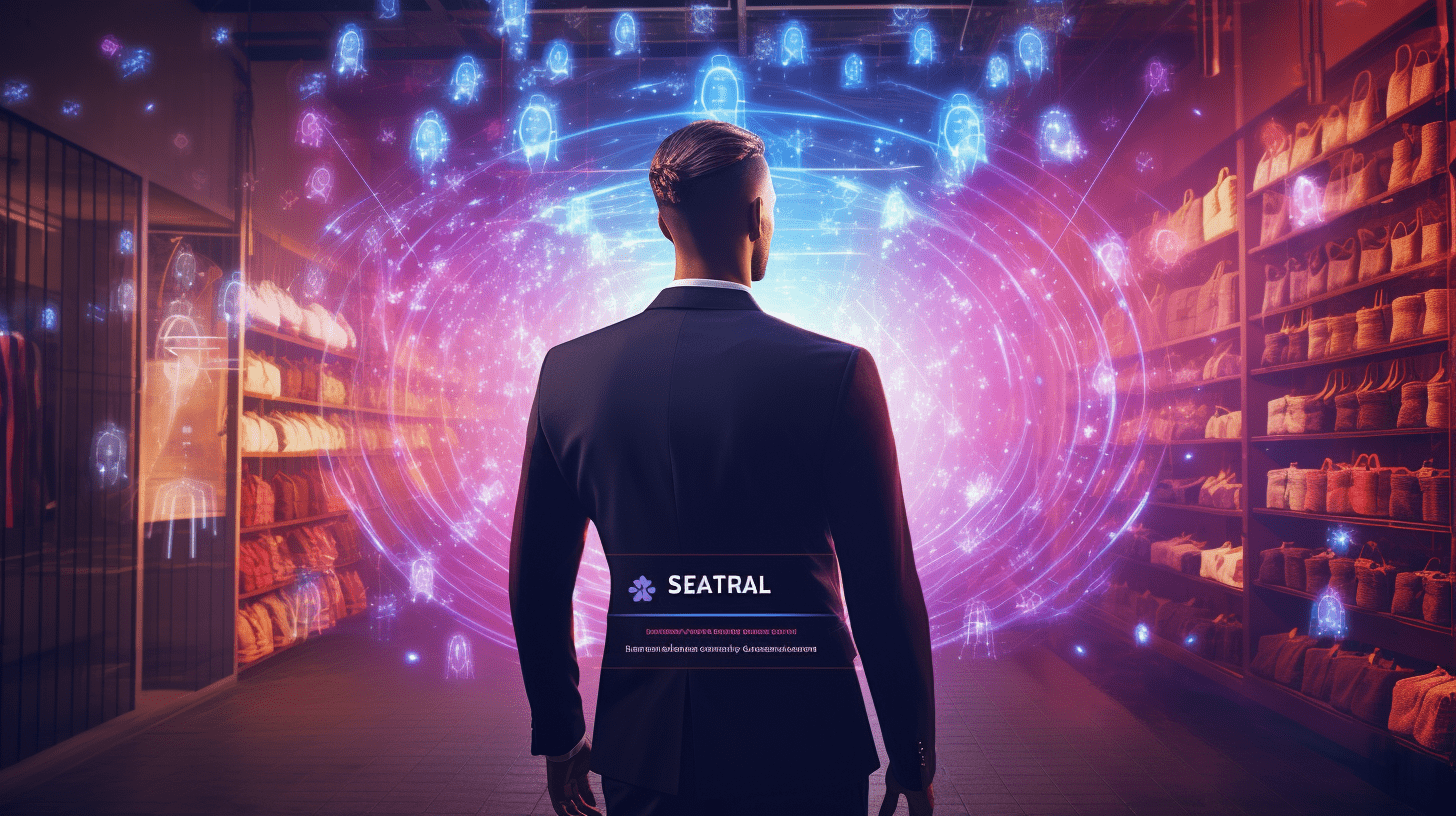Personalization has become a critical factor in the success of ecommerce businesses. Today’s consumers expect tailored experiences that cater to their preferences and needs. AI-driven personalization takes this concept to the next level by leveraging artificial intelligence and machine learning algorithms to analyze vast amounts of customer data and deliver highly personalized experiences. In this article, we will explore the benefits and strategies of AI-driven ecommerce personalization.
1. Data Collection and Analysis: AI-powered personalization starts with collecting and analyzing customer data. AI algorithms can process large volumes of data, including browsing behavior, purchase history, demographics, and even social media interactions. By capturing and understanding this data, you can gain valuable insights into customer preferences, interests, and behaviors.
2. Personalized Recommendations: AI algorithms excel at generating personalized product recommendations based on customer data. By analyzing patterns and identifying correlations, AI systems can predict and suggest products that align with individual customer preferences. These recommendations can be displayed on product pages, in email campaigns, or through personalized content blocks, providing customers with relevant and enticing suggestions.
3. Dynamic Content Customization: AI-driven personalization allows you to dynamically customize content based on individual customer attributes and behaviors. This includes tailoring website content, product descriptions, images, pricing, and promotions to match specific customer segments or even individual preferences. By delivering personalized content, you can create more engaging and relevant experiences that resonate with your customers.
4. Real-Time Personalization: AI algorithms can deliver real-time personalization by analyzing customer behavior and making instant recommendations or adjustments. For example, based on a customer’s browsing history, an AI system can display relevant product recommendations or trigger personalized pop-ups or notifications. Real-time personalization enhances the customer experience, increases engagement, and improves the chances of conversion.
5. Segmentation and Targeting: AI-driven personalization enables advanced segmentation and targeting strategies. By grouping customers into segments based on their preferences, behaviors, or demographics, you can create targeted marketing campaigns and promotions. AI algorithms can identify common characteristics within segments and optimize the delivery of personalized content, offers, and messaging to each group.
6. Predictive Analytics: AI algorithms can leverage predictive analytics to anticipate customer behavior and preferences. By analyzing historical data, AI can make predictions about future buying patterns, customer churn, and even customer lifetime value. This allows you to proactively tailor your marketing efforts, customer support, and product offerings to meet customer needs and increase customer satisfaction.
Implementing AI-driven personalization requires a robust infrastructure, data management capabilities, and integration with your ecommerce platform. Partnering with AI technology providers or utilizing AI-powered personalization tools can simplify the process and accelerate the benefits. Regularly monitor and analyze the performance metrics of your AI-driven personalization efforts to optimize and refine your strategies over time.
In conclusion, AI-driven personalization offers ecommerce businesses a powerful way to deliver tailored experiences, drive conversions, and boost customer loyalty. By leveraging AI algorithms to collect and analyze customer data, generate personalized recommendations, customize content, and make real-time adjustments, you can create meaningful connections with your customers and maximize the impact of your ecommerce strategies. Embrace the power of AI-driven personalization and stay ahead in the competitive ecommerce landscape.
